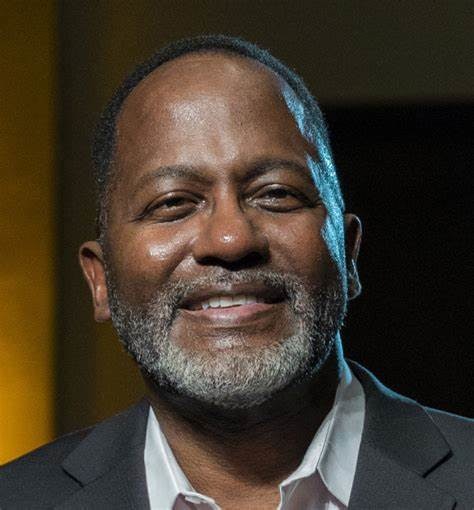With recent changes to the migration system causing uncertainties, leaders in Australia’s international education sector are calling for a united front to ensure the industry’s future.
Speaking at the PIE Live Asia Pacific conference on the Gold Coast on July 29 in a session focused on the future of the sector, Phil Honeywood, CEO of the International Education Association of Australia said the $40 billion industry was in a powerful position to drive the narrative rather than continually reacting to policy changes.
One way to do that, Honeywood suggested, was to run a public campaign, similar to the successful efforts by the mining lobby in fighting a proposed tax.
“It’s time we stopped hiding under the radar,” Honeywood said.
“If the mining industry in Australia can bring together competitive mining companies and run a massive campaign to stop a new mining tax, which they succeeded in doing by promoting the jobs that they create and the other benefits the sector brings, then so can we.”
While there is a national education strategy in place in Australia, the sector has still faced uncertainty in the aftermath of several recent announcements, including increased scrutiny of student visas, and a cap on international students with little detail on implementation, noted Rongyu Li, deputy vice chancellor, vice president (global engagement) at the University of Queensland.
“We’ve got a national strategy, but it’s becoming redundant because of knee-jerk policy changes and announcements,” said Li.
The result is institutional confusion, and a clear need for universities to reclaim their leadership role in policy development, he said.
“There’s a lot happening, but we are not actually leading the narrative and that’s really challenging for us. At the moment we are failing as a country to protect the perceived quality of Australian education and we are losing appeal as a study destination country.
“If we want to secure our future, we have to think about how we can actually do Team Australia, otherwise I don’t think anybody’s going to come out a winner. We’re all going to lose if the quality of the educational system is not safeguarded.”
We’re all going to lose if the quality of the educational system is not safeguarded
Rongyu Li, University of Queensland
Promoting the significant research undertaken by the sector was also critical to creating a broader understanding of the benefit her sector brings, said Colin Grant, deputy vice-chancellor Global UNSW.
“There are some incredible stories to showcase,” he said.
“We also need to work together, with the government, with VET and with other institutions and build on what we have done.”
Rather than just responding to government announcements, Linda Brown, president and CEO of Torrens University argued the sector should be proactive and use the systems already in place to illustrate the important role international education plays in Australia and in the broader global community.
“The bottom line is that it’s all there – the systems are in place but we’ve got to get better at having a conversation as an industry to elevate the discussion,” she said.
Brown said it was also important to recognise Australia’s reputation as a provider of quality transnational education and leverage its position as a major player, or face losing trust and respect from neighbouring countries.
“I would say we are probably one of the highest quality providers of transnational education across the world.
“If we can think much more openly about adding value offshore, we’ll also build respect and trust, which I think is critical in getting the sector back on track at the moment,” Brown said.
#Industry #experts #call #unity #reset #international #education #sector










